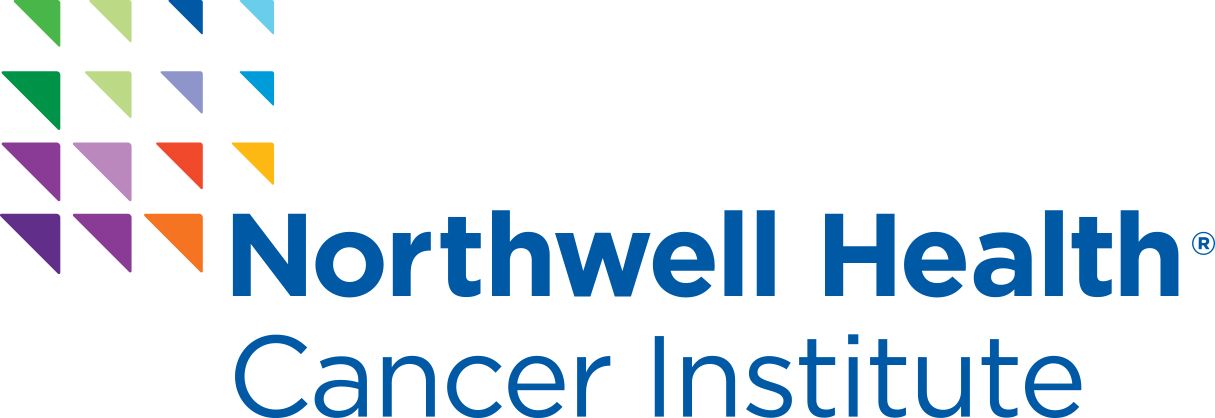
Dr. Barrientos Discusses Promising Agents in CLL

Jacqueline C. Barrientos, MD, associate professor, The Feinstein Institute for Medical Research, Northwell Health, discusses promising agents in the treatment of patients with chronic lymphocytic leukemia.
Jacqueline C. Barrientos, MD, associate professor, The Feinstein Institute for Medical Research, Northwell Health, discusses promising agents in the treatment of patients with chronic lymphocytic leukemia (CLL).
Acalabrutinib (Calquence), a second-generation BTK inhibitor, is currently available on the market, but has yet to receive an FDA approval in CLL. This drug has shown potential in patients who become resistant to the first-generation inhibitor ibrutinib (Imbruvica), both in the frontline setting and in patients with relapsed/refractory disease. Currently, acalabrutinib is being compared with ibrutinib in a phase III trial (NCT02477696) in patients with high-risk disease.
In addition, the PI3K inhibitor duvelisib (Copiktra) received an FDA approval for the treatment of patients with relapsed/refractory CLL who have received at least 2 prior lines of therapy. The drug also appears to benefit patients with a 17p deletion. This is critical because these high-risk patients tend to relapse first, says Barrientos. Another PI3K delta inhibitor, umbralisib (TGR-1202), has shown benefit in patients with CLL and follicular lymphoma in addition to patients with diffuse large B-cell lymphoma.
Barrientos warns that PI3K inhibitors are still associated with colitis and diarrhea, so it is important for patients to alert providers as soon as they experience this to avoid reaching a grade 3/4 level.




































